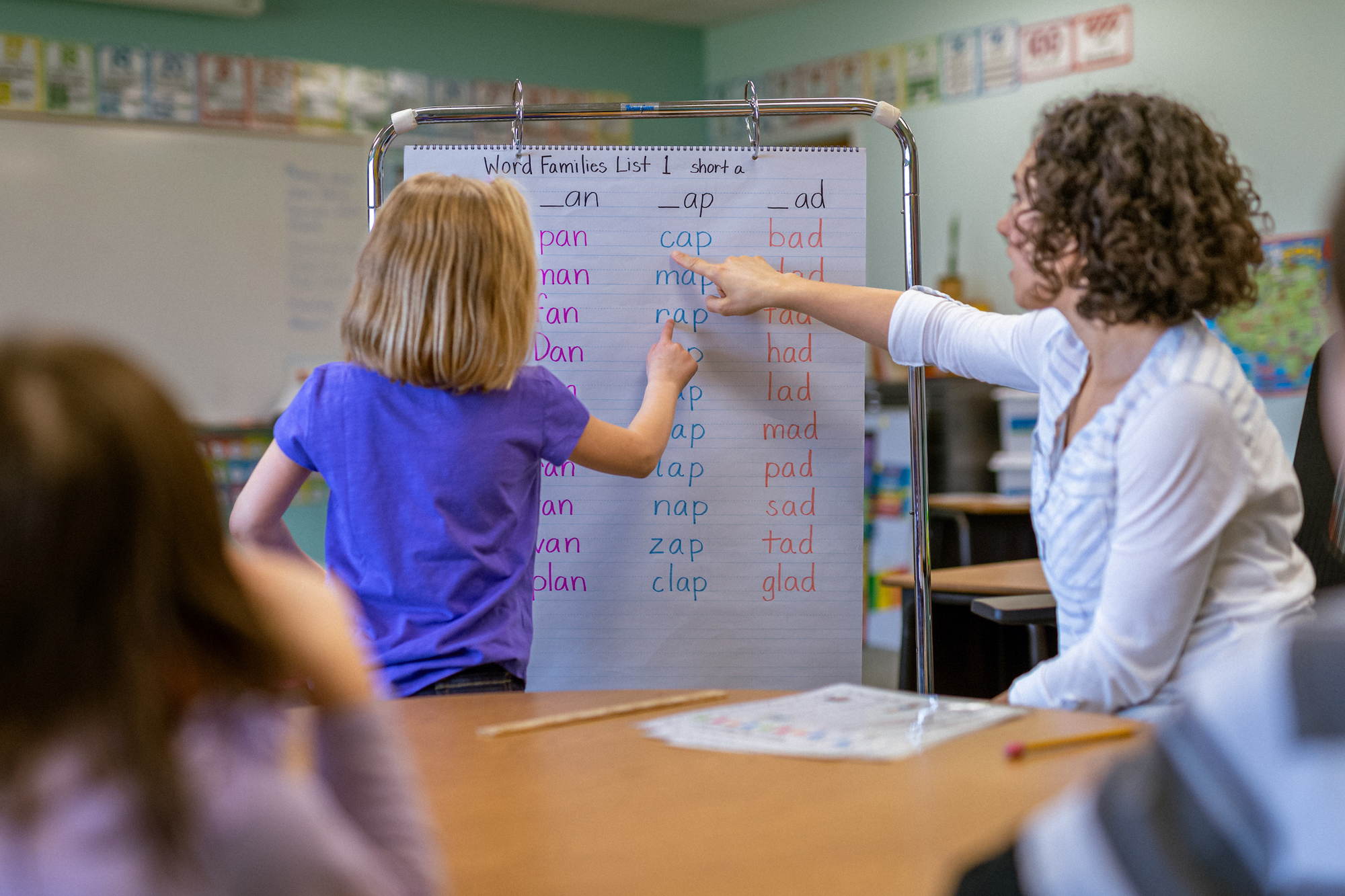
A mathematical exploration of Taylor Swift’s music
A mathematical analysis of Taylor Swift’s music over time reveals an evolving lyrical diversity that reflects shifts in songwriting collaborations and highlights the intriguing intersections between mathematics and pop culture says mathematician Dr Nathan Garland.




